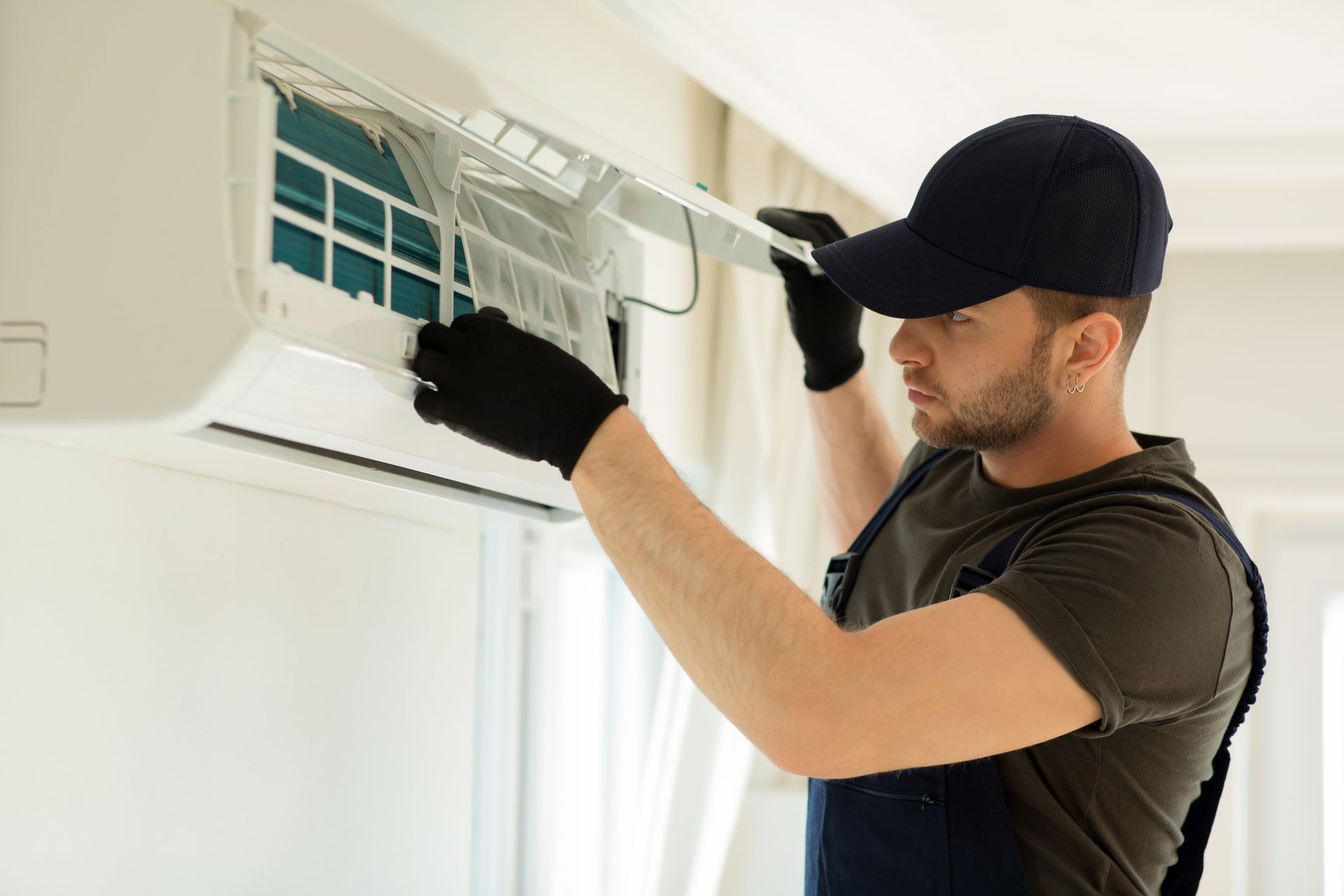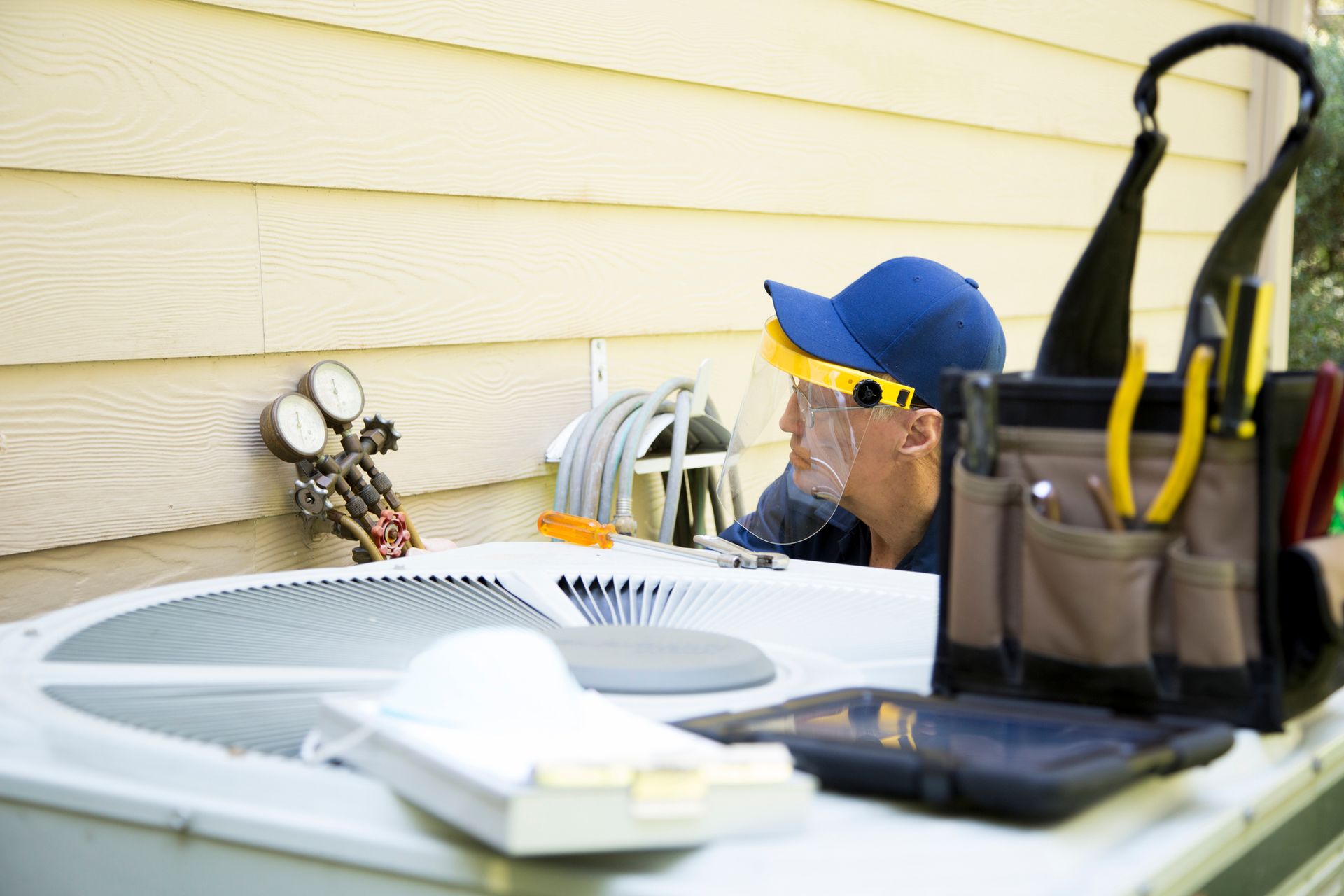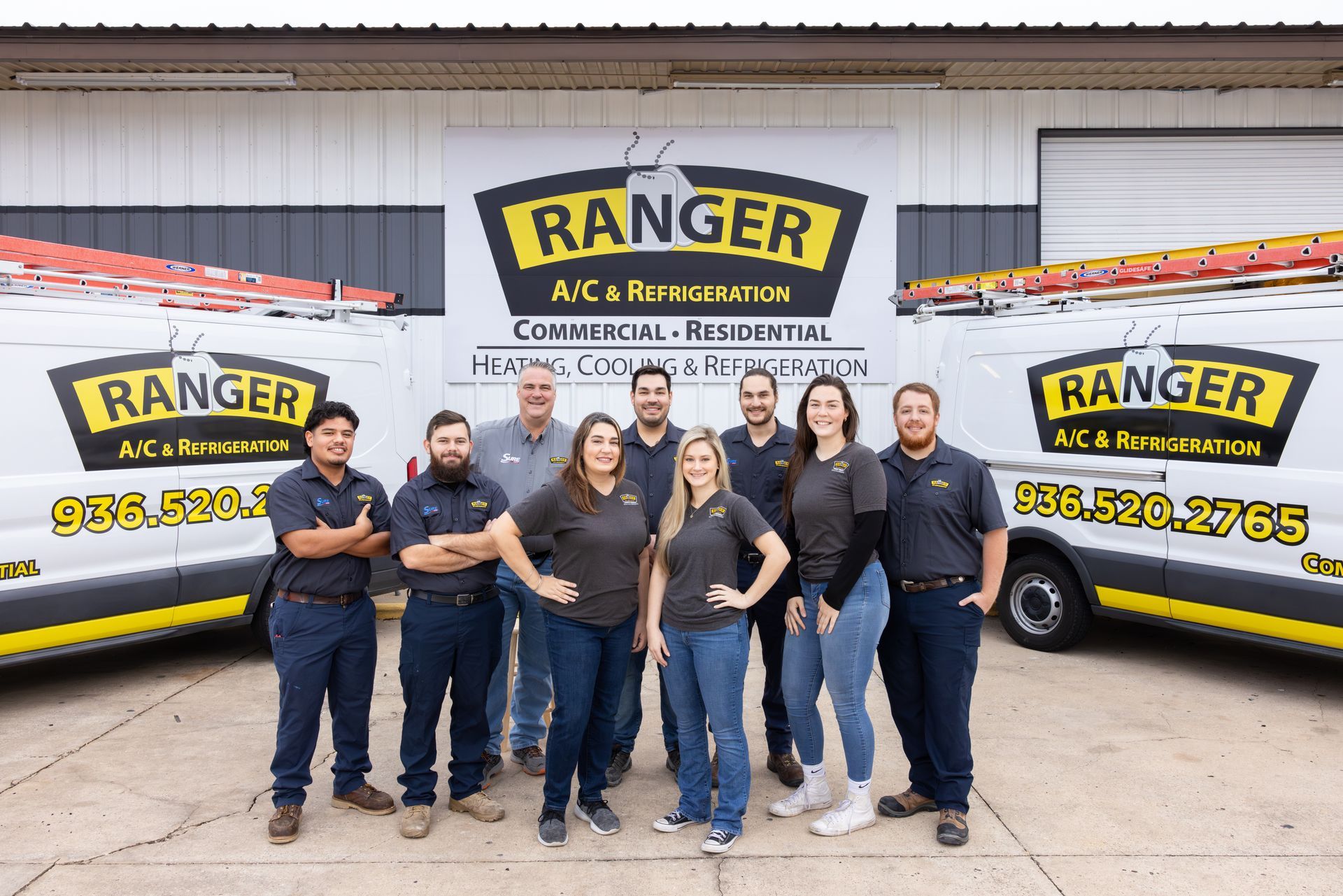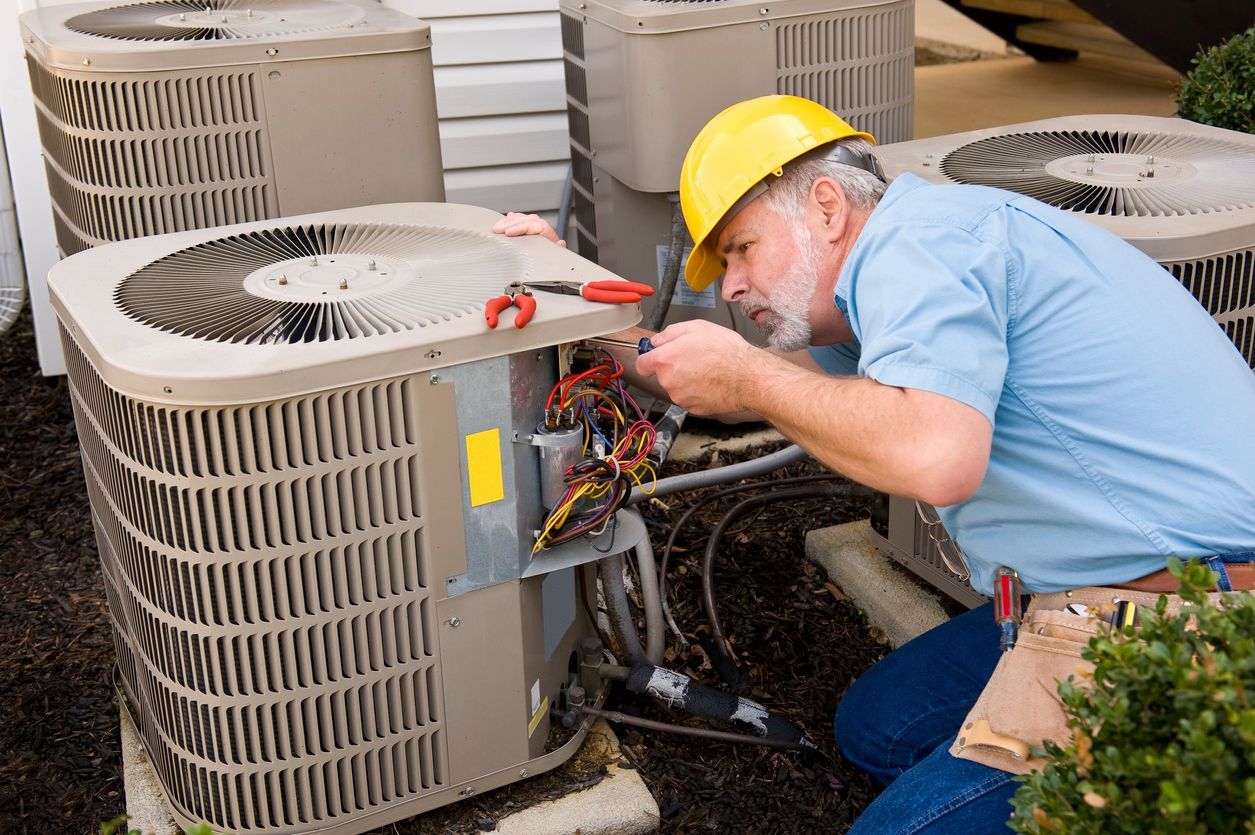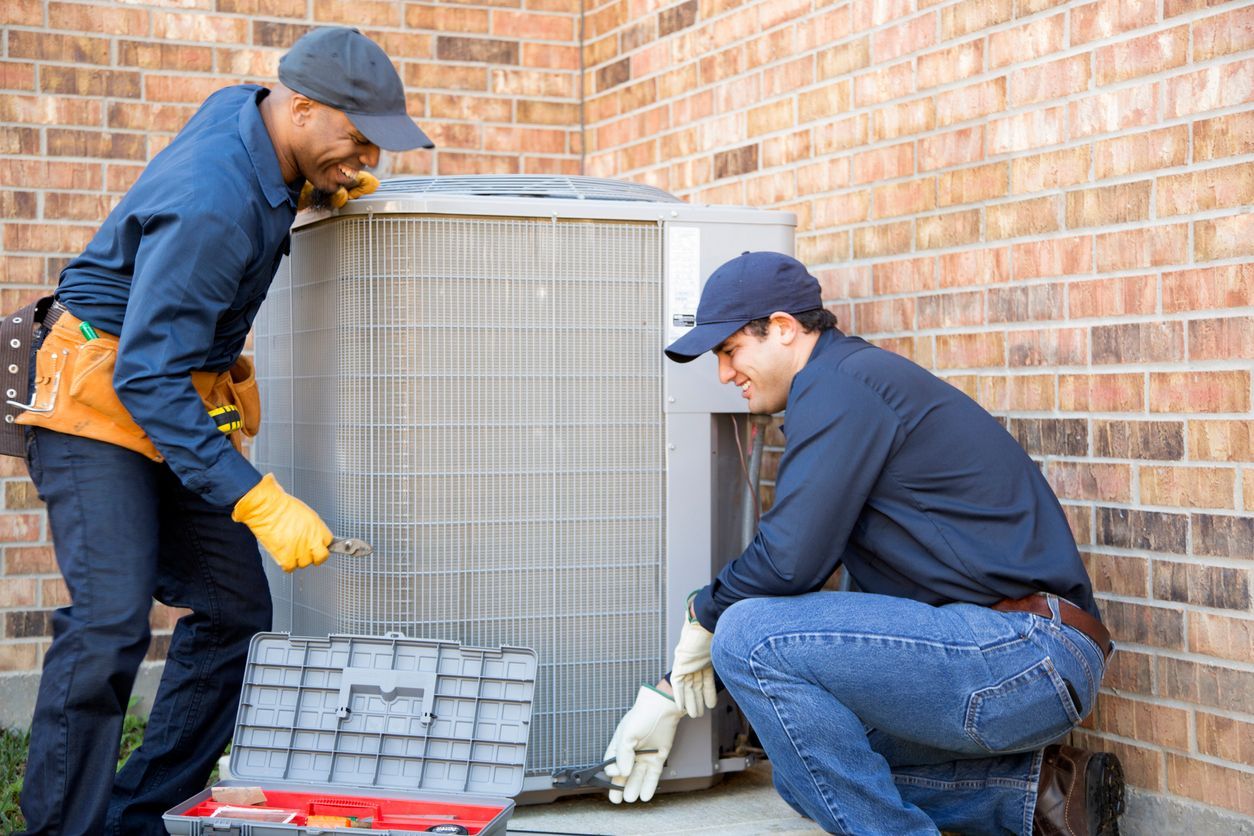Commercial & Residential
A/C & REFRIGERATION SERVICES
Serving Conroe, TX and the surrounding area!
Ranger A/C & Refrigeration
Trustworthy HVAC Tips & News Blog
At Ranger A/C & Refrigeration, we have over 30 years of experience in the heating and cooling industry. We’ve learned a thing or two along the way and love sharing that knowledge with our customers on our HVAC Tips & News Blog.
We get asked many questions daily about the various heating and cooling systems that create comfortable homes. Many of the HVAC tips & news blog articles we produce are based on some of the most popular questions.
On these pages, you’ll find information aimed at homeowners like you, along with detailed articles regarding our services. If you ever wanted to know what the benefits of an AC tune-up are, the answer is here. Whether you’ve owned your home for years or recently closed on your first one, you’ll find helpful content regarding HVAC systems in our blog. Other topics you may discover include:
- Tips for saving on your energy bills
- Pros and cons of a specific type of system
- How to choose the right size air conditioner
- Signs that it’s time for a repair
Our HVAC tips & news blog provides valuable information we’re continually updating.
We’re always looking for fresh ideas to educate our customers about. If you have something you’d like to learn, make a suggestion! We want to help as many homeowners in our community as possible, and sharing our knowledge on this blog is just another way we can do that.
Contact us today if you have any questions or suggestions.
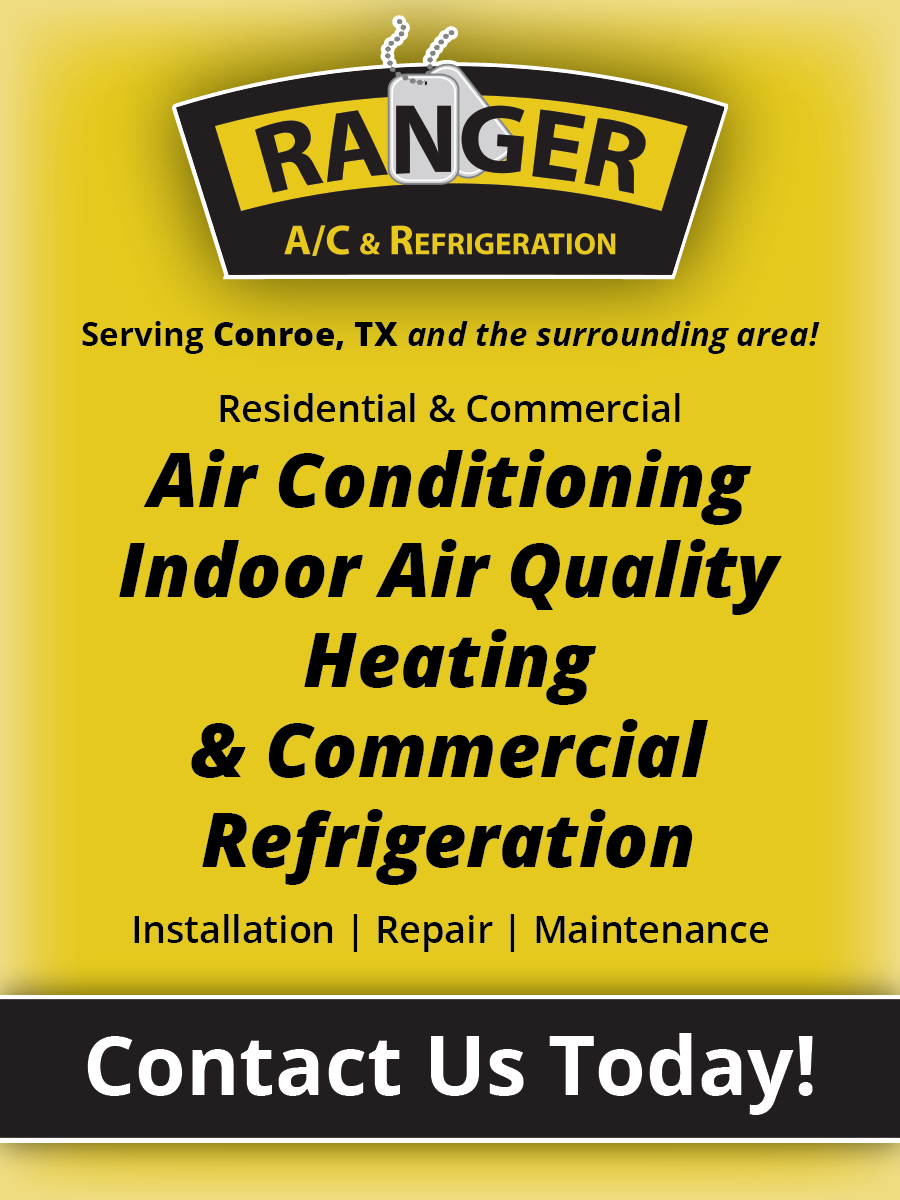
Are you looking for an HVAC tips & news blog? Visit Ranger A/C & Refrigeration!
Contact us by calling 936-520-2765, or fill out the form below and we will be in contact within one business day.
Blog
Thank you for contacting us!
We will get back to you as soon as possible.
Oops, there was an error sending your message.
Please try again later...



Ranger A/C & Refrigeration is proud to be a certified Arcoaire and Sure Comfort dealer and will service all makes and models!
SBA Approved Small Business and Veteran Owned.
Ranger A/C & Refrigeration
Proudly Serving Conroe, TX and the surrounding area!
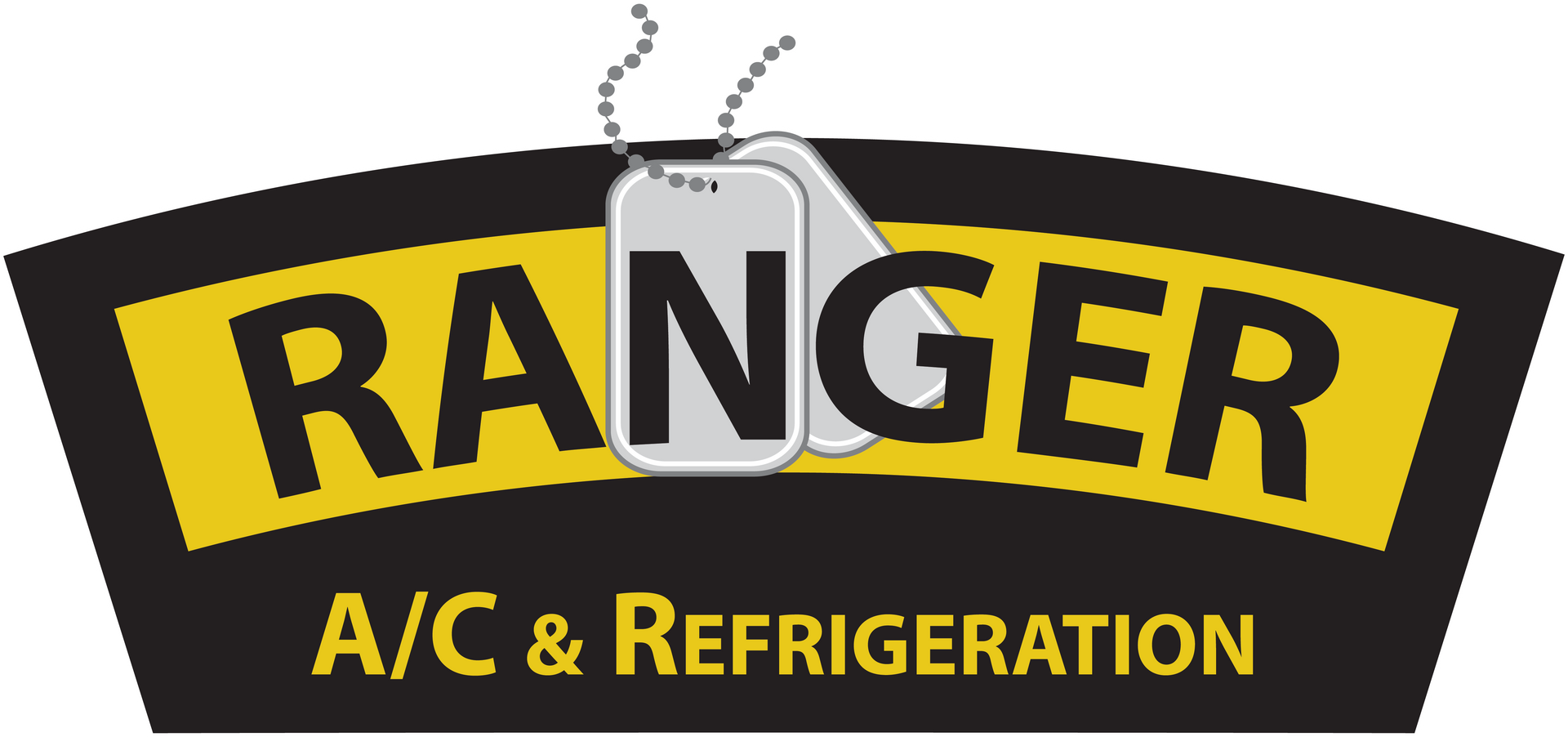
All Rights Reserved | Ranger A/C & Refrigeration LLC
Regulated by the State of Texas Department of Licensing
P.O. Box 12157 Austin, TX 78711
(800) 830-9202 | (512) 463-6599
TACL # A77225C
Phone
Address
13786- A Hwy 105 W.
Conroe, TX
Open 24 Hours
